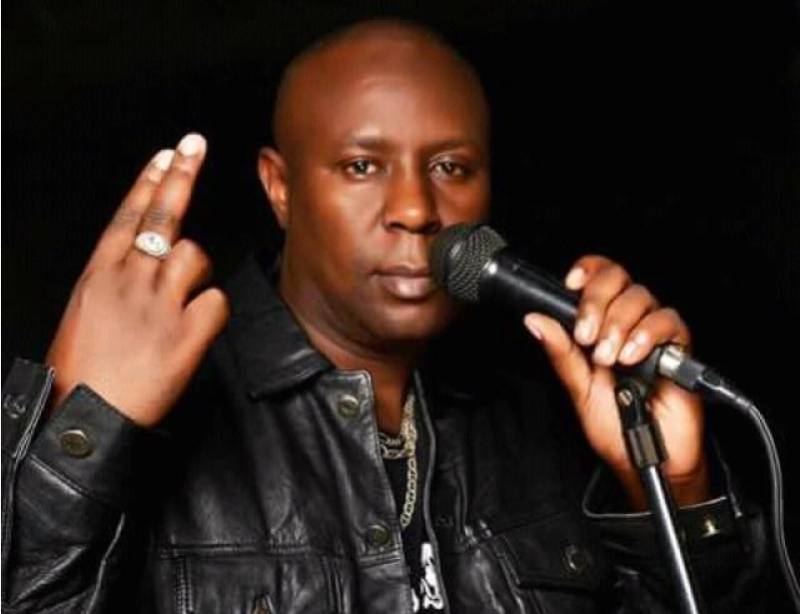×
The Standard e-Paper
Smart Minds Choose Us

Usually reserved when it comes to giving media interviews, Ken wa Maria (pictured) is more open on the day we sit down with him. “Ask me everything you would want to as I am here to give you all the time,” he says as we settle down, his face still dripping with sweat after an energetic performance.